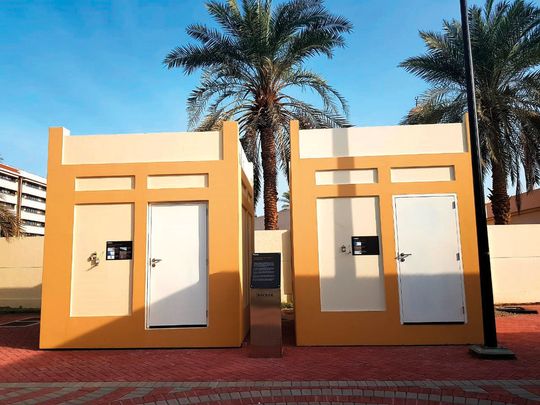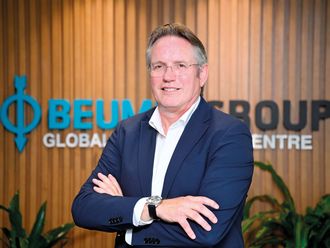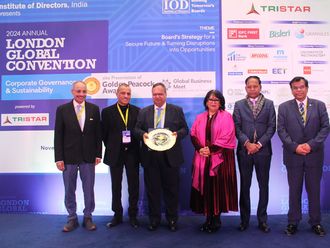
The document Model House discusses a project in the Middle East that aimed to demonstrate the benefits of using specific construction materials and technologies for sustainable building in hot climates. The project involved building two identical houses, one using conventional materials and the other incorporating specialised construction chemicals. The study monitored factors such as energy consumption, indoor climate, air quality, and material durability.
The project was a collaboration between Wacker and the Dubai Municipality, aiming to promote sustainable construction solutions and push for the development of standards in the region.
Study set-up
Two life-sized houses in Dubai were built using conventional materials and Wacker construction chemicals, with an external thermal insulation composite system. Both houses were monitored for 12 months to determine energy consumption, interior temperature and humidity, atmospheric temperature and humidity, and total volatile organic compound content.
Superb results
Wacker construction chemicals supporting the External Thermal Insulation Composite system (ETICS) have shown significant results in reducing energy consumption and improving indoor climate in hot climates. The use of ETICS insulation reduced total energy consumption by over 59 per cent, resulting in a 60 per cent reduction in CO2 emissions. The insulated house maintained a consistent temperature and humidity level, while the non-insulated house maintained a higher humidity level.
The project, launched by Wacker Chemicals Middle East and Dubai Central Laboratory, demonstrates the company’s commitment to green building solutions on a regional level. Mohammed Sanaobar, Regional Technical Director, Wacker Chemicals Middle East invites all industry experts and customers to contact our representative office at DSO to know more about the project.







